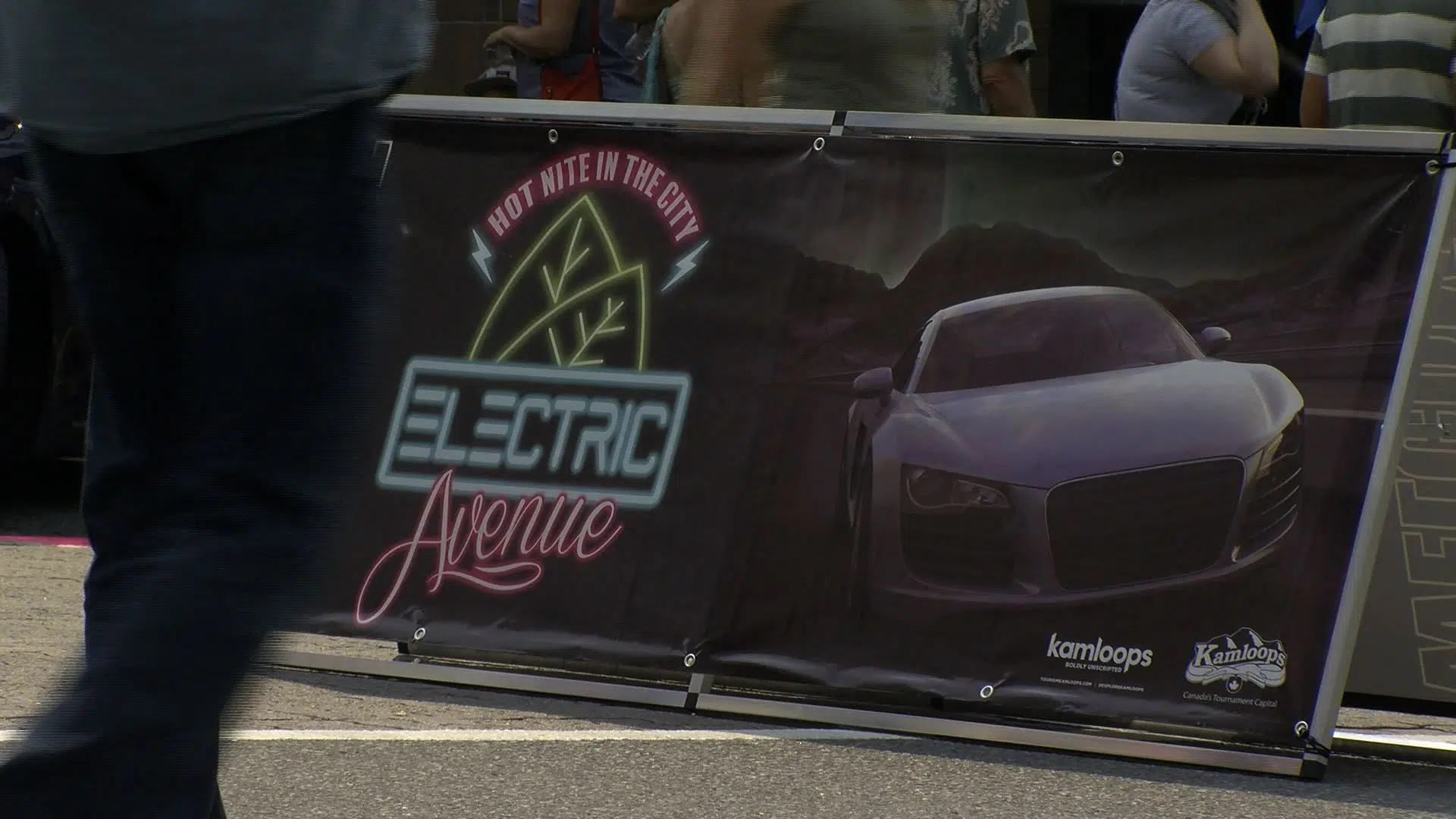
City of Kamloops tries out sustainability initiatives at Hot Night and Ribfest
KAMLOOPS — With Saturday’s combination of Ribfest and Hot Night in the City, this weekend was a celebration of consumption in the city of Kamloops. While revving engines and hucking bones makes for a fun weekend, it also creates a lot of waste – which is why the City of Kamloops made a special effort to increase sustainability awareness at Hot Night – while trying to divert as much Ribfest waste as possible from away from the local landfill.
This weekend, downtown Kamloops was packed with people who were taking in two of the city’s signature events: Ribfest down at Riverside Park, and the Hot Night in the City car show throughout the downtown core.
While folks from all around flock to the city to sample some tasty meats, and get a glimpse of some sweet rides, the City of Kamloops took the opportunity to promote a pair of sustainability initiatives at each event.


